‘The human organism loves routine and thrives when it is fed, exercised and rested regularly’
(Ayurvedic doctor, Dr Svoboda).
Creating a solid daily routine is a powerfully effective way to care for our physical, emotional and mental health. It is particularly essential when we need to balance excess stress, or during uncertain times. There is something very comforting, calming and steadying about routine, but the benefits don’t stop there!
When creating a routine, the following completely natural approaches can really nurture sound, vital mental health.
Vegetarian Diet & Tulsi Tea
Our body’s digestion works efficiently when meal times are regular and at similar times each day. Healthy digestion also translates to mental health – healthy digestion in our mind.
Eating our main meal in the middle of the day promotes physical and mental health as our digestion is strongest at this time, allowing us to better assimilate the nutrition from our food, and sleep better at night after a lighter meal.
A plant-based vegetarian diet is said to be good for mental health as it keeps the mind more active, positive and more focused. Most vegetarian food is considered to imbibe positive qualities to the mind. Cooking a good old fashioned hearty soup or stew with root vegetables is grounding and nourishing.
Drinking good quality, organic herbal teas is a wonderful way to support both body and mind. There are a special group of herbs that are adaptogenic in nature; two of the most famous are Tulsi – Holy Basil (Ocimum sanctum) and Ashwaganda (Withania somnifera). These sacred, healing herbs provide support for the nervous system, immune system, digestion, metabolism, detoxification and mental health. Adaptogens such as those found in ORGANIC INDIA Tulsi Tea help bring us back into balance, to cope better in stressful periods and to actually build stress resilience over time.

Exercise
Daily exercise supports the body’s natural mechanisms of rejuvenation, helping us sleep better, release mental and emotional tension, and of course does wonders for circulation, digestion, energy levels and sleep.
Exercise has been shown to improve mental health by reducing anxiety, depression, low self-esteem and improving mood, self-esteem and cognitive function.
Remember, that over-exercising can be depleting, so if you are consistently tired/run down or suffering with chronic stress, a gently paced and grounding form of exercise might be more appropriate, perhaps Tai Chi, walking, or slow, mindful Yoga.
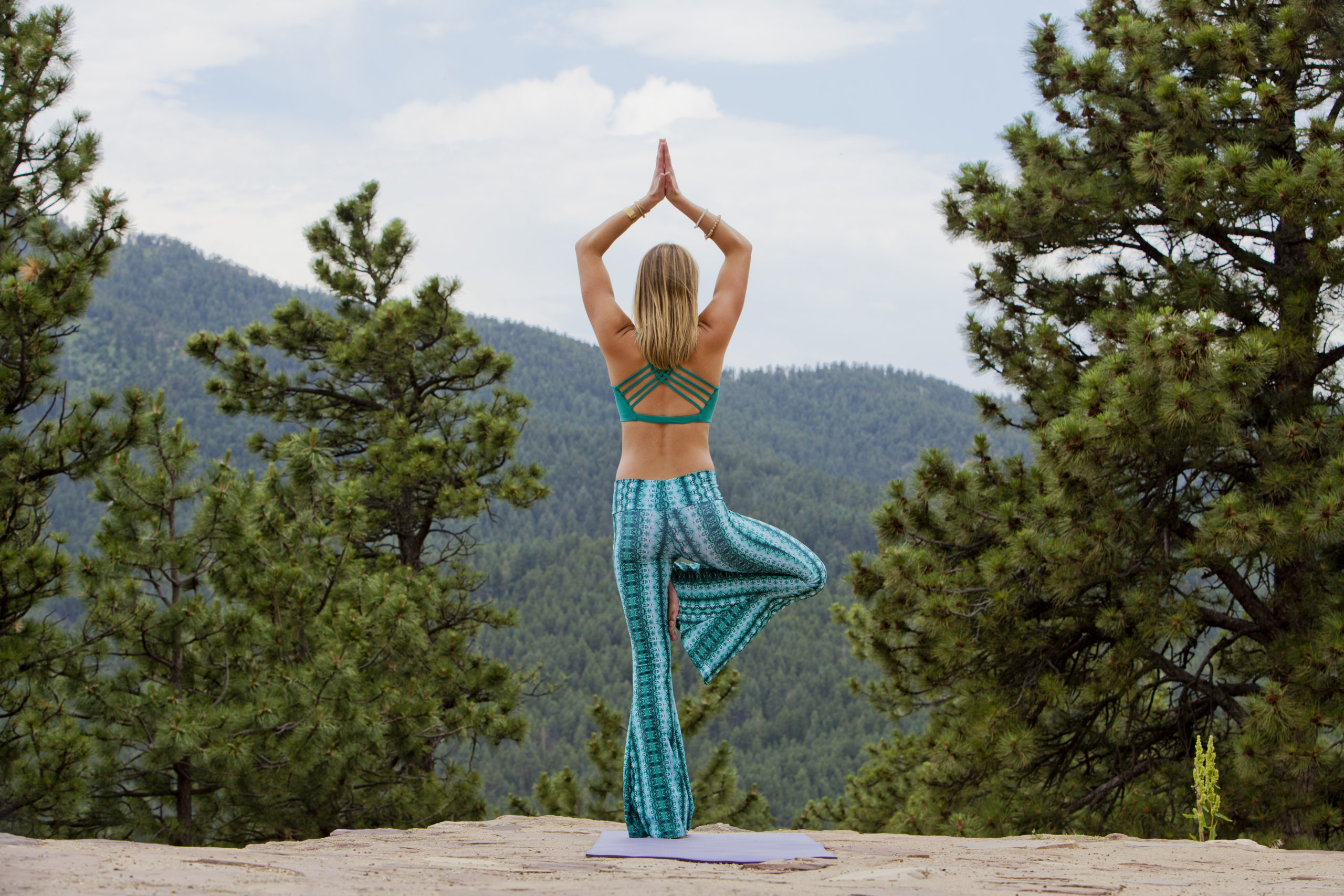
Sound Sleep Regime
Sleep is an important component that helps us feel clear, calm and fully-functional. Unsurprisingly, having enough sleep is believed to be an important factor for mental health; poor sleep and depression are closely linked.
There are many simple things we can try to improve the quality and quantity of our sleep including: a regular bedtime and waking time, avoiding stimulants before going to bed, removing all screens from the bedroom, eating at least 2 hours prior to going to bed and trying a herbal Sleep Tea at least 1 hour prior to bed. Herbal teas such as ORGANIC INDIA Tulsi Sleep Tea contain stress-relieving herbs that soothe restlessness and facilitate night-time relaxation, in preparation for sleep.
Try this: before bed massage your feet with gently warmed cold pressed Black Sesame Oil. This practice will help soothe the nervous system, reduce stress, quieten the mind and promote sound sleep. Sesame Oil can stain your sheets, so you might want to rinse it off or put on some old socks!

Get into Nature
Being in nature offers a perfect way to spend some mindful moments, being really present and noticing the trees, flowers, clouds or even the ants crawling along the tree trunk. It can help create a feeling of spaciousness, perspective and bring us back to our true nature, away from any mental disturbance.
‘Forest Bathing’ or ‘shinrin-yoku’ began as a Japanese practice of guided relaxation in nature to decompress and relax. It’s also now referred to as ecotherapy. Forest bathing has been shown to lower the rate of chronic illnesses, lower blood pressure, lower heart rate, and the stress hormone cortisol. Walking daily in a local natural area can have surprisingly beneficial impacts on our state of mind.

Sacred Moments
Creating a sacred moment every day is one of the best ways to slow down and mindfully reconnect with yourself. Sometimes we don’t realise how fast we are going until we stop; properly stop.
Coming back to ourselves by creating a moment each day that is soulful, nourishing and fulfilling is so healing mentally, emotionally, physically and spiritually. Whatever this means for you; it might be meditation, prayer, journaling, hugging a tree, star gazing or lying in the sun in the backyard, make the time for it. In fact, put it in your daily routine so it is less likely to go by the wayside!
A lovely, simple sacred moment can be created around the ritual of making a cup of Tulsi Tea or sweet milky chai in your favourite cup, then sitting somewhere quiet and peaceful to really savour it.
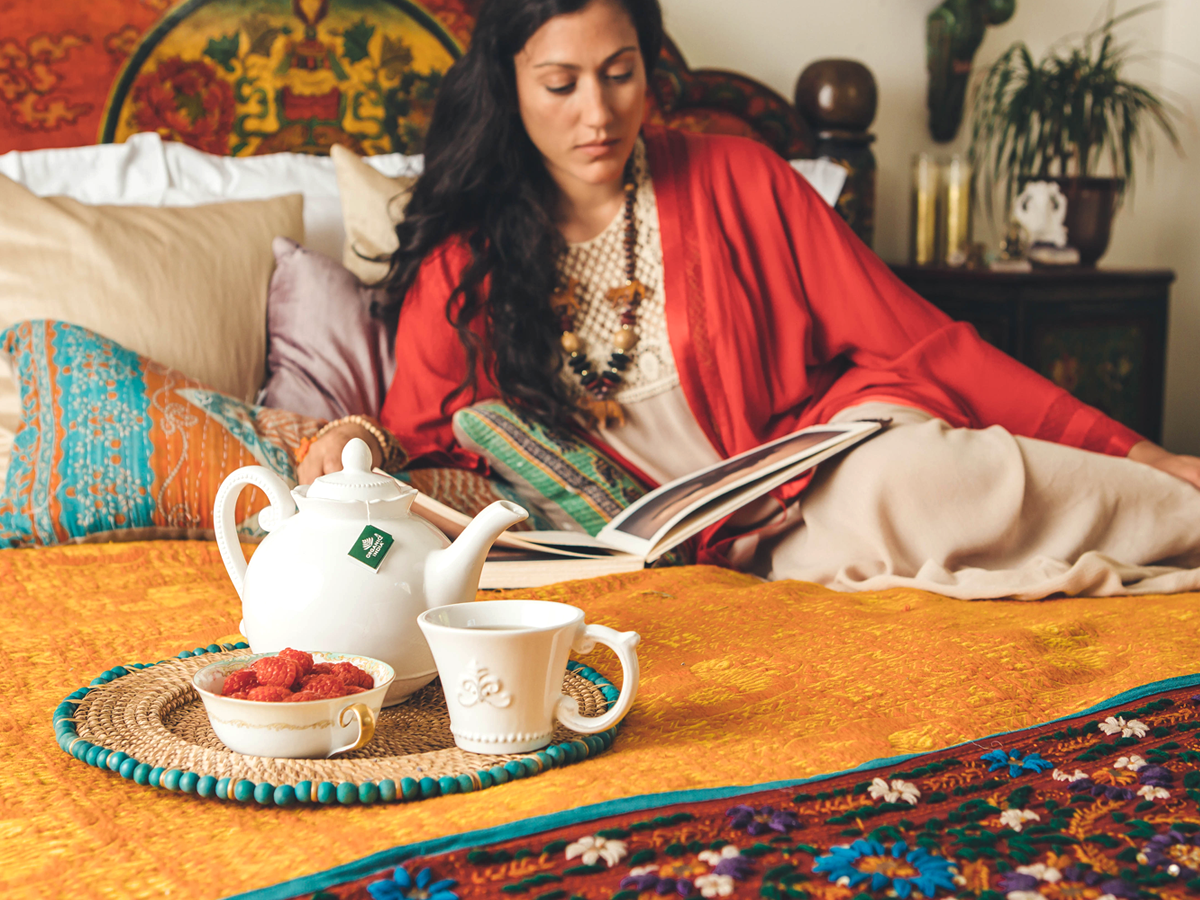
Laughter
What is more healing than sharing a wonderfully deep whole-body laugh with a friend, family member or by yourself as you watch your favourite comedy? Do you notice the delightful release of tension? Researchers have shown that laughter triggers the nervous system’s relaxation response, having a profoundly positive effect on mental health by releasing endorphins, decreasing anger, easing distressing emotions, increasing energy, reducing stress and allowing us to access another perspective.
If you’re finding it hard to muster a laugh, you could try Laughter Yoga. Laughter Yoga can help you to literally laugh away your stress. Fortunately, there is even online laughter yoga – Google it!
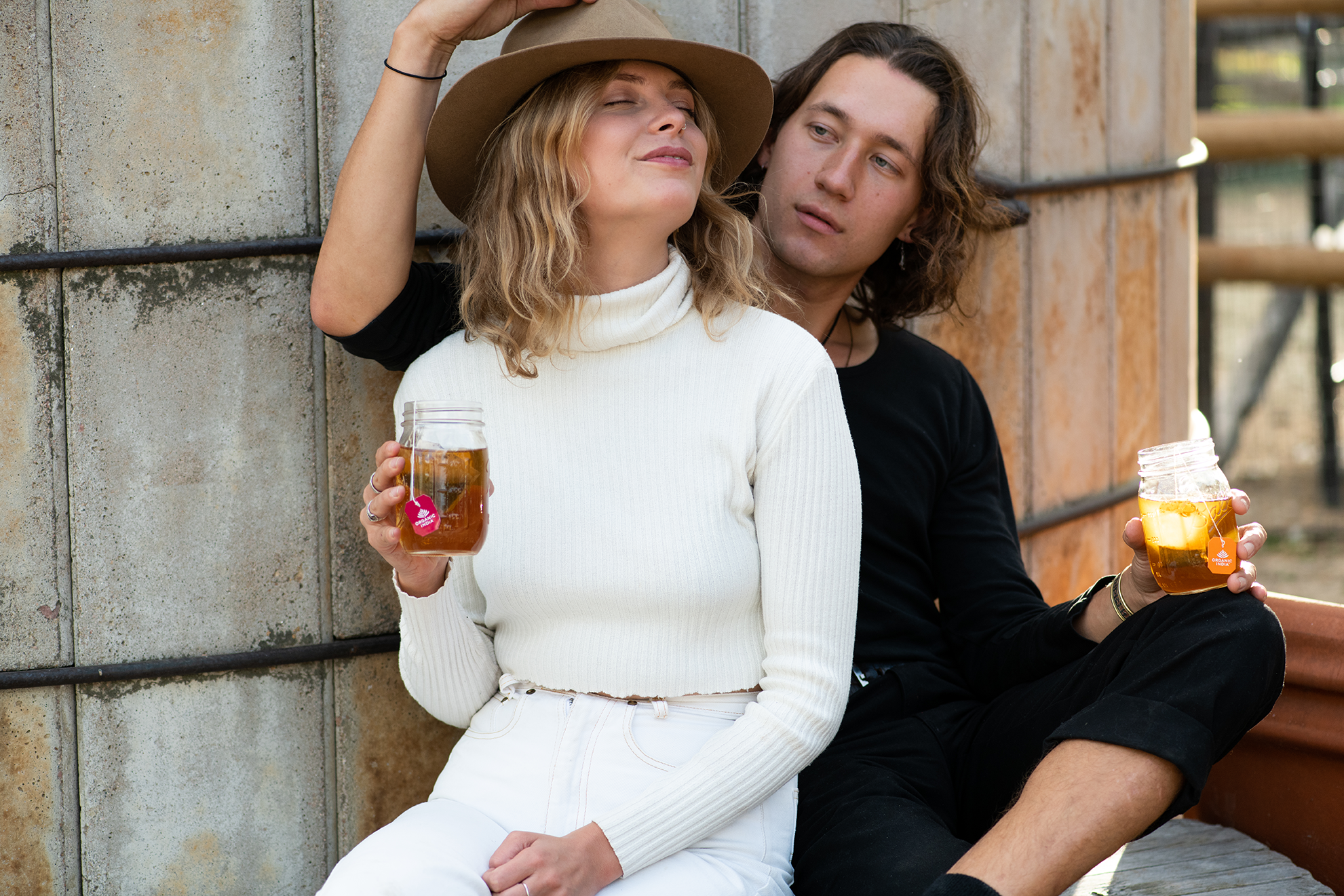
Stress Minimisation Audit
This may feel a little impossible given that our stressors can often seem unavoidable, however it is very useful to question that assumption. What are your stressors? Are they really unavoidable or can something be changed to alleviate the source of the stress? The unique times we find ourselves in right now may provide a perfect opportunity to examine and identify your true sources of stress and see if you can minimise their presence in your life. This process can be profound and life-changing for your mental health; to stop and take stock.
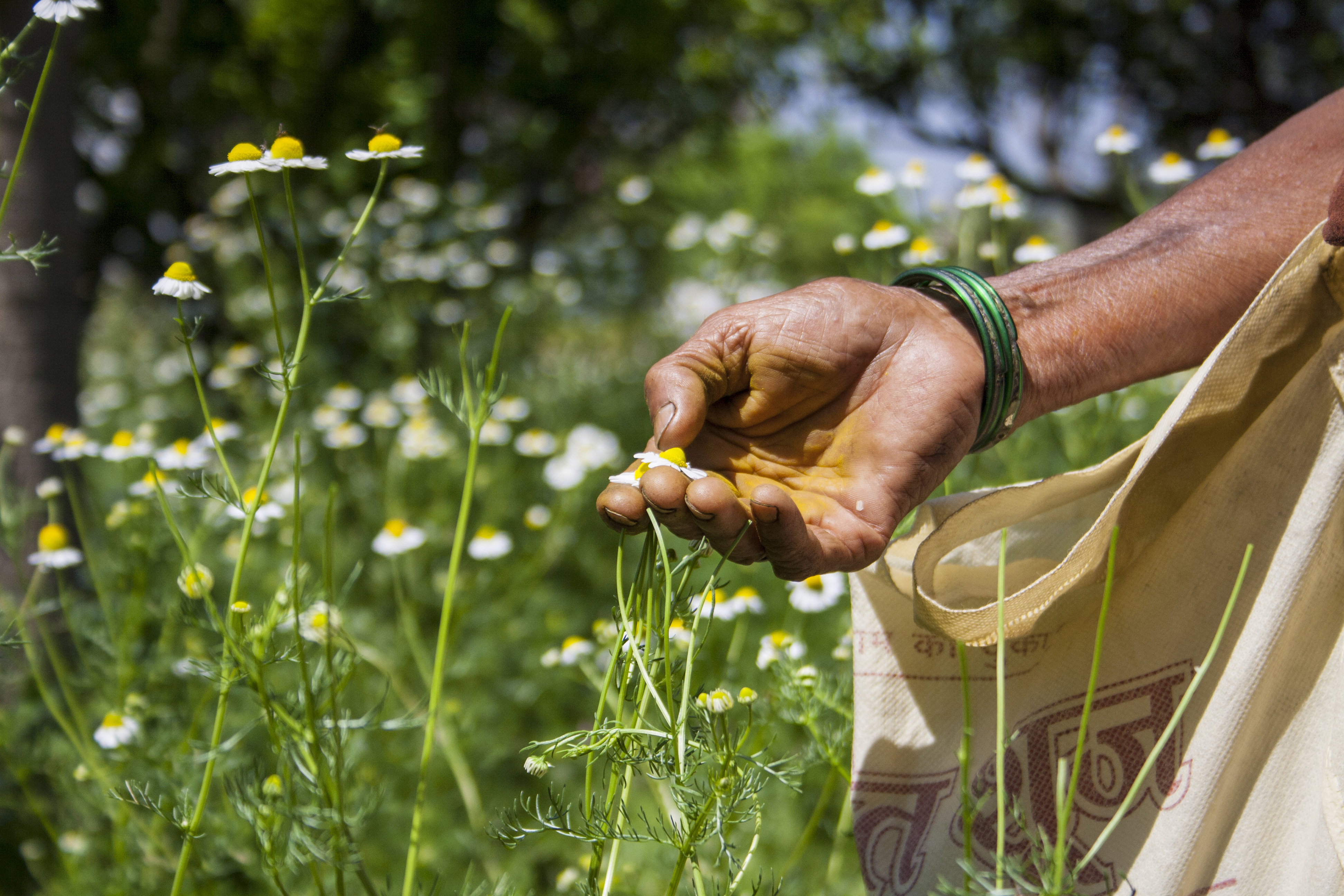
Screen Time Minimisation
Too much screen time can really agitate mental health, whether it be Netflix, computer time, browsing social media on the phone, or gaming. For many of us, screen use can slowly and quietly leech away some of our vitality, and we can have a hard time setting limits with our screens given their compelling nature.
Try scheduling in a ‘media fast’ for the afternoon or evening; it does wonderful things for mental health to take a break from the intense focus we give to our screens, and allows us to be more mindful and aware of the outside world and those around us.
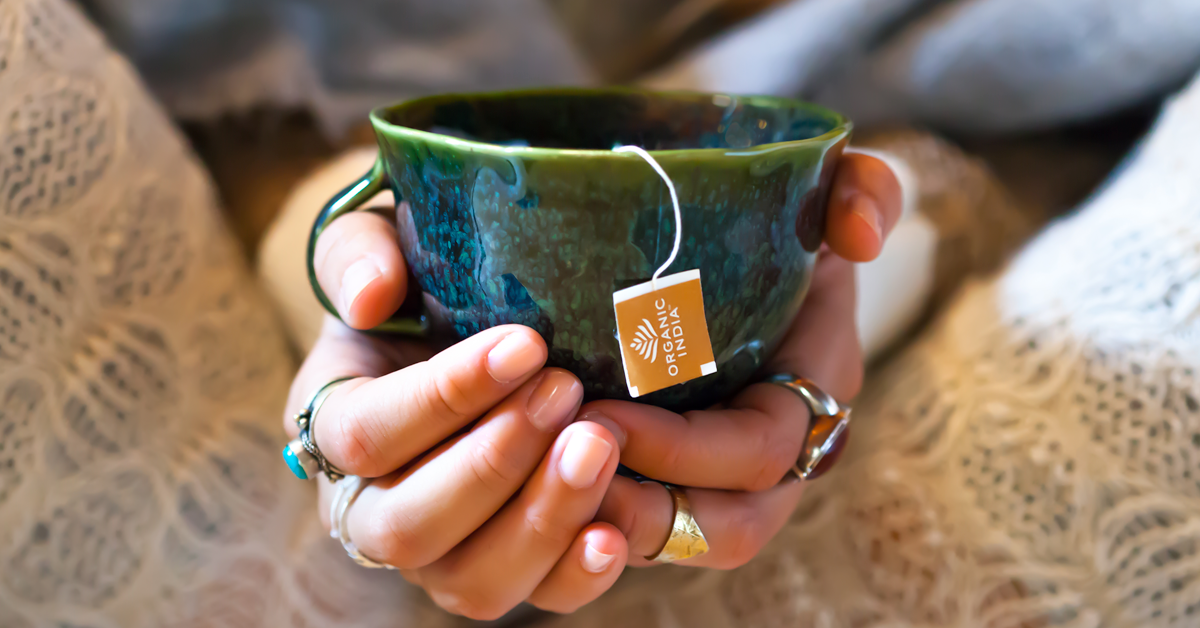
Connect with Loved Ones
Even though we need to practice physical social distancing at the moment, we can still ensure we connect socially with loved ones. Connection with others is important for mental wellbeing, and particularly helpful where there is anxiety and depression. Here is a positive application for screen time and the easy-to-operate video calling options make connection very accessible. Perhaps we can teach our older or more technologically-challenged friends and family how to use it; this could really change their lives.
May you experience joy and inner calm as you incorporate some of these nourishing practices into your daily routine.
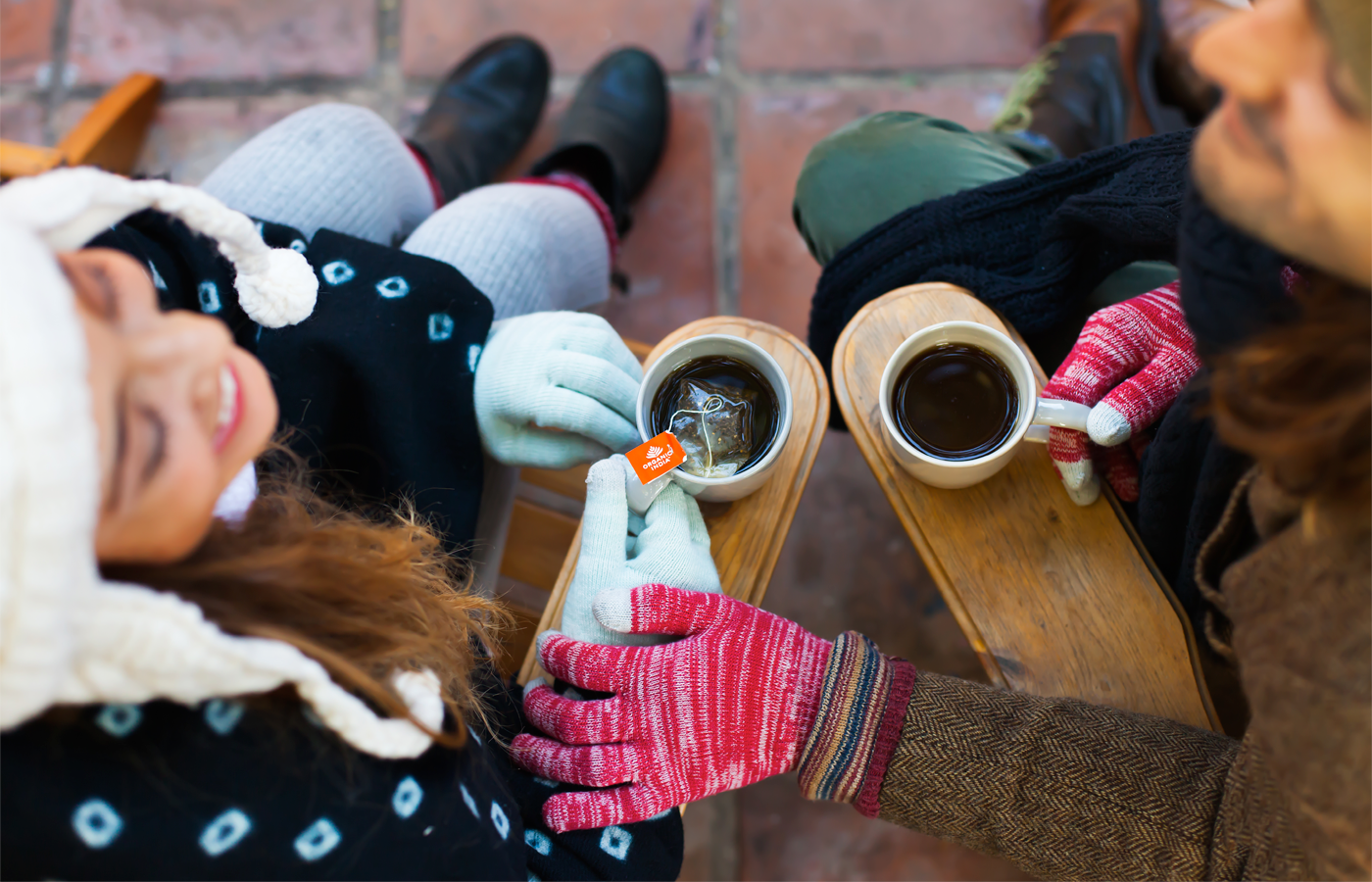
References
Svoboda, R.E. (1988) Prakriti: Your Ayurvedic Constitution
https://www.beyondblue.org.au/who-does-it-affect/older-people/connections-matter
https://www.ncbi.nlm.nih.gov/pmc/articles/PMC1470658/
https://www.abc.net.au/triplej/programs/hack/forest-bathing-melbourne/11173878
https://www.psychologytoday.com/au/blog/tech-happy-life/201812/how-much-screen-time-is-too-much
https://www.newportacademy.com/resources/mental-health/laughter-good-for-you/

About the Author: Sarah Holloway is an ORGANIC INDIA team member with a keen interest in Ayurveda and a background in environmental resource management. She is a proud Aunty and lives near Byron Bay with her husband and beloved pooch.
